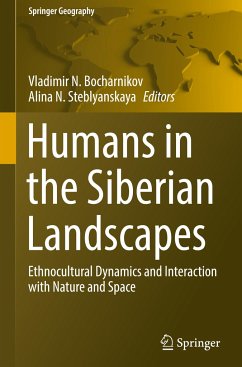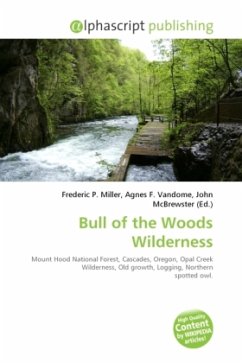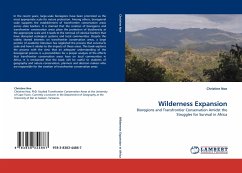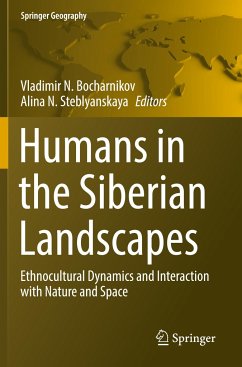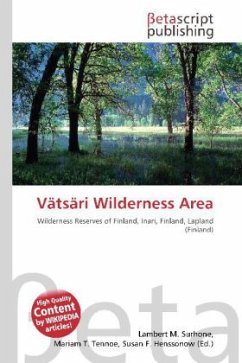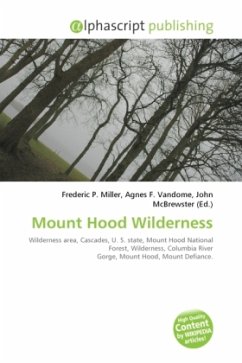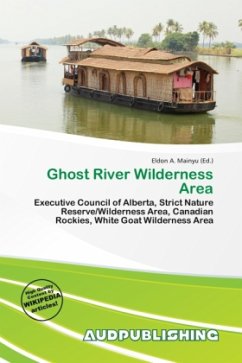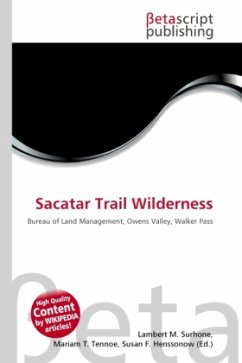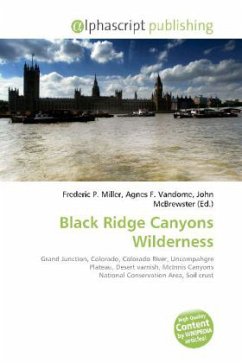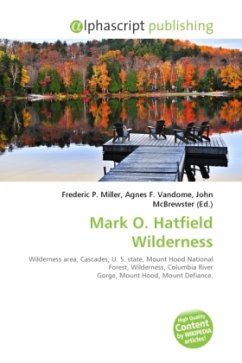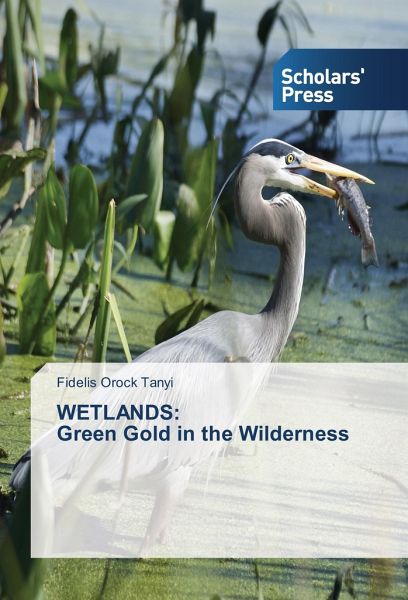
WETLANDS: Green Gold in the Wilderness
Versandkostenfrei!
Versandfertig in 6-10 Tagen
34,99 €
inkl. MwSt.

PAYBACK Punkte
17 °P sammeln!
Wetlands are so rich in biodiversity and mineral resources that they are increasingly referred to as green gold. In spite of technological advancement in recent years, humanity is yet to unravel the hidden treasures found in most of the wetlands in the world. When these ecological resources are exploited in a sustainable manner, the welfare of communities could be improved upon to meet their various demographic needs. This book takes a look at the origin and nature of wetlands, wetland types, wetland resilience, vulnerability and the ''wise use'' concept. It equally makes a diagnosis of wetlan...
Wetlands are so rich in biodiversity and mineral resources that they are increasingly referred to as green gold. In spite of technological advancement in recent years, humanity is yet to unravel the hidden treasures found in most of the wetlands in the world. When these ecological resources are exploited in a sustainable manner, the welfare of communities could be improved upon to meet their various demographic needs. This book takes a look at the origin and nature of wetlands, wetland types, wetland resilience, vulnerability and the ''wise use'' concept. It equally makes a diagnosis of wetland services, exploitation methods and threats affecting them in different parts of the world. The effects of climate change, pests, diseases, volcanic eruption and adverse human activities on different wetlands have been treated. By combining indigenous methods of conserving wetlands with more standard approaches, it is evident that this book provides a panoply of measures to conserve the 12.8 million kilometer square of global wetlands, so as to offer humanity the opportunity to sustainably exploit the full richness of these pristine resources appearing as green gold in the wilderness



